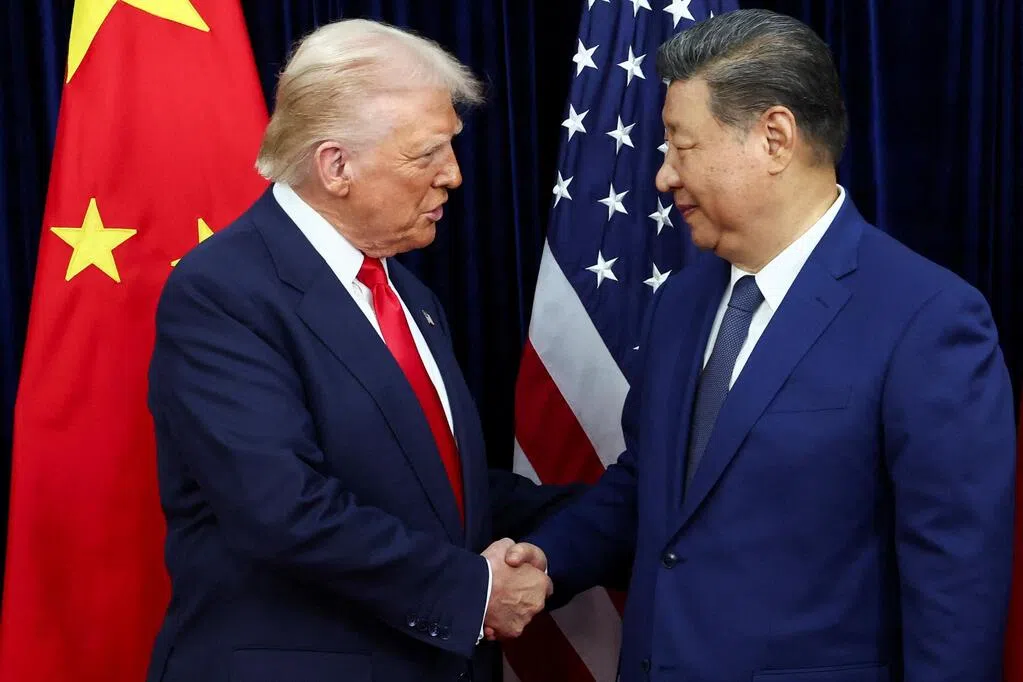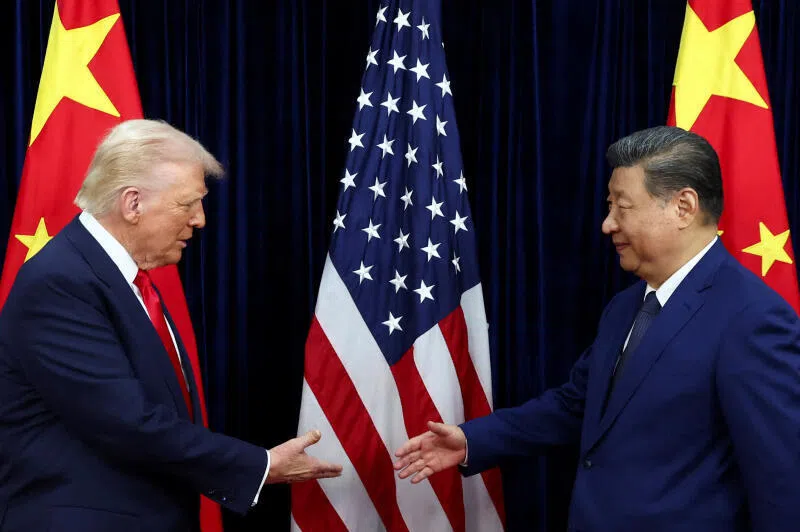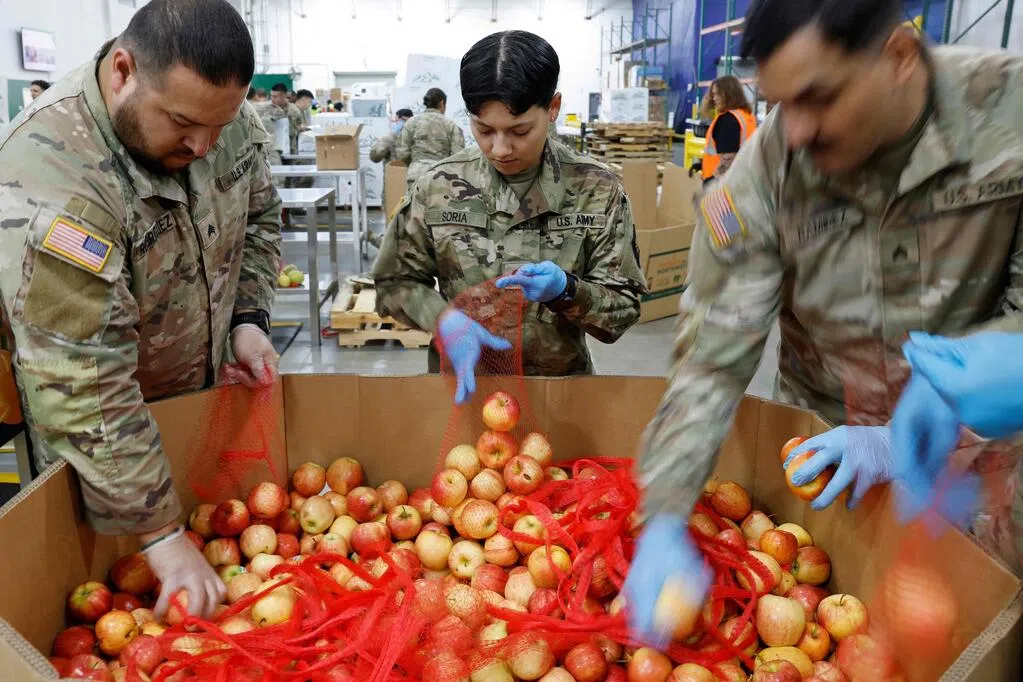(Washington, D.C.) U.S. Trade Representative Greer said that although the U.S. and China agreed to suspend plans to raise tariffs and strengthen export controls, the U.S. will continue its Section 301 investigation into China to determine whether China is complying with the terms of the 2020 U.S.-China trade agreement.
Following the meeting between U.S. President Trump and Chinese President Xi in Busan, South Korea on Thursday (October 30), the U.S. agreed to reduce and suspend additional tariffs on China, while China temporarily suspended rare earth export controls and purchased U.S. soybeans.
Bessenter: U.S.-China Trade Agreement Could Sign as Early as Next Week
U.S. Treasury Secretary Bessenter said in an interview with Fox Business Network after the Xi-Trump meeting that the U.S. and China could sign a trade agreement as early as next week. However, Chinese Foreign Ministry spokesman Guo Jiakun did not confirm this when asked on Friday.
Greer, in an interview with Fox Business Network on Thursday, said that the Xi-Trump meeting did not resolve all issues in the bilateral relationship, therefore the U.S. will continue its Section 301 investigation into China.
Bloomberg pointed out that the decision not to suspend the investigation gives President Trump the tools to retaliate against China should the agreement break down.
Further Reading


Section 301 of the U.S. Trade Act of 1974 grants the Office of the United States Trade Representative (USTR) the power to investigate unfair foreign trade practices that impede or restrict U.S. commerce. These investigations typically last several months or longer.
Gree announced on October 24 that the U.S. was launching an investigation into China's compliance with the Phase One trade agreement signed in 2020. The USTR stated at the time that the Trump administration was determined to require China to fulfill its commitments under the agreement to protect the interests of American farmers, ranchers, workers, and innovators, and to promote a more reciprocal bilateral trade relationship.
Furthermore, the U.S. decided to postpone the implementation of export restrictions targeting Chinese companies after the Xi-Trump meeting. Former U.S. officials pointed out that this would provide Chinese companies with sufficient breathing room to develop new circumvention strategies.
On September 29, the U.S. announced a ban on sanctioned Chinese companies using subsidiaries to circumvent U.S. controls on technology exports.
Nikahtar, who served as a senior Commerce Department official during Trump's first term, said that suspending the ban for a year could give Chinese entities enough time to restructure their corporate structures and equity to circumvent any future re-implementation of the regulations. “For years, Chinese companies have become very adept at circumventing U.S. law.”
Regarding China’s commitment to purchase at least 87 million tons of U.S. soybeans over the next few years, analysts say this purchase volume merely restores trade to past levels.
U.S. Agriculture Secretary Rawlings posted on social media platform X that China has agreed to purchase at least 12 million tons of U.S. soybeans this quarter and at least 25 million tons annually for the next three years. She also said that China will remove unreasonable tariffs on most U.S. agricultural products, including soybeans.
Gretter, senior grain and livestock analyst at agricultural consulting firm Commstock, said that China’s commitment to purchase 12 million tons of soybeans this quarter is still a significant decline historically. In the long term, purchasing 25 million tons of soybeans annually is essentially a return to normal.
The American Soybean Association pointed out that this commitment is set as a minimum purchase volume, and the association hopes that future Chinese purchases will increase from this level. Association President Raglan stated, "This is an important step in rebuilding stable, long-term trade relations that will benefit farming families and future generations."
According to data from the U.S. Department of Agriculture, the U.S. exported approximately 27 million tons of agricultural products to China last year. The trade war between the U.S. and China, which erupted during Trump's first term, benefited American farmers even more: after the phase one trade agreement was reached in 2020, U.S. agricultural exports to China rebounded to 34.2 million tons.



